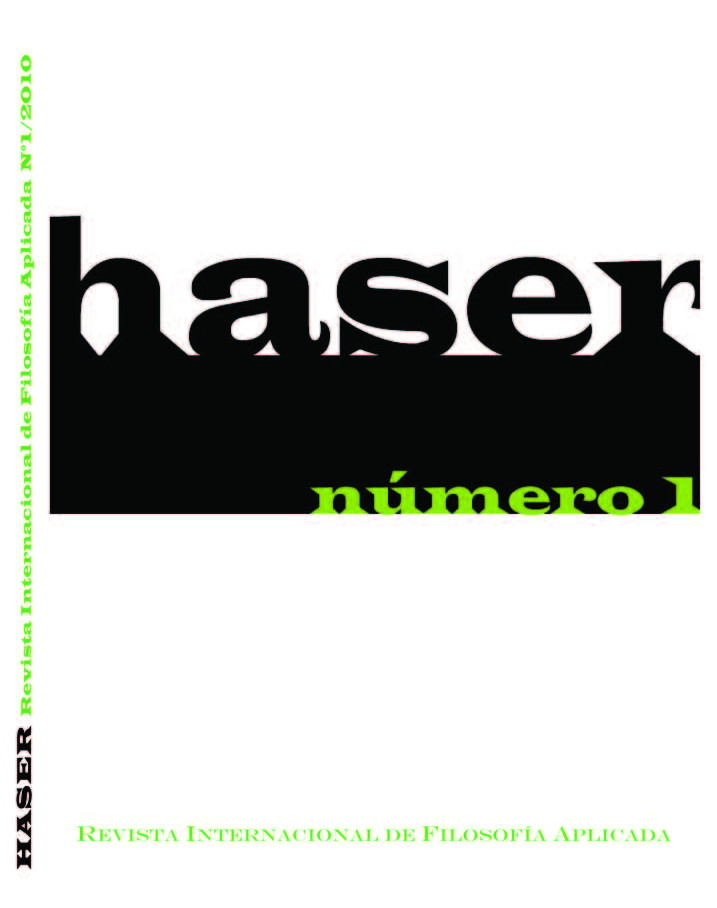FILOSOFÍA APLICADA EN CONTEXTOS DE COLONIALIDAD Y EMERGENCIA: EL CASO DE EUGENIO ESPEJO
Abstract
In Hispanic American colonial contexts of the sixteenth, seventeenth and eighteenth centuries, indians and mestizos (which had resulted from the union of Spanish and Indian) were expelled, not just the scope of rationality (and thus, of philosophy) but the scope of the human as such. The unusual fact that an educated colonized dared to think, to value yourself and self proclaim philosopher acquired ontological significance, cognitive, ethics and politics. To be a philosopher, to invade the realm of reason, considered unique to the greenhorns and Creole aristocracy, was a real attack against the system, but was at once the most glorious way to build a human being and as a subject. The vicissitudes of life, thought and struggle of Eugenio Espejo for taking a humane and rational status, extended to all, allow us to see the rough itinerary but dignified philosopher applied on a dark and distant eighteenth century Spanish colony. Espejo is a prime example of how applied philosophy can help clarify the existential conflicts and even lead to inner peace despite a tragic life. Therefore, the paper also considers the Applied Philosophy, while universal philosophy, acquired traits are specific contexts where the “coloniality of being, power and knowledge” was and is ongoing. There, applied philosophy has come and has no choice but to continue to meet human functions, decolonizing and vindictive.
Downloads
Downloads
Published
How to Cite
Issue
Section
License
Los autores/as que publiquen en esta revista aceptan las siguientes condiciones:
1. Los autores/as conservan los derechos de autor y ceden a la revista el derecho de la primera publicación, con el trabajo registrado con la licencia de atribución de Creative Commons, que permite a terceros utilizar lo publicado siempre que mencionen la autoría del trabajo y a la primera publicación en esta revista.
2. Los autores/as pueden realizar otros acuerdos contractuales independientes y adicionales para la distribución no exclusiva de la versión del artículo publicado en esta revista (p. ej., incluirlo en un repositorio institucional o publicarlo en un libro) siempre que indiquen claramente que el trabajo se publicó por primera vez en esta revista.
3. Se permite y recomienda a los autores/as a publicar su trabajo en Internet (por ejemplo en páginas institucionales o personales) antes y durante el proceso de revisión y publicación, ya que puede conducir a intercambios productivos y a una mayor y más rápida difusión del trabajo publicado (vea The Effect of Open Access).
- Abstract 165
- PDF (Español (España)) 51


